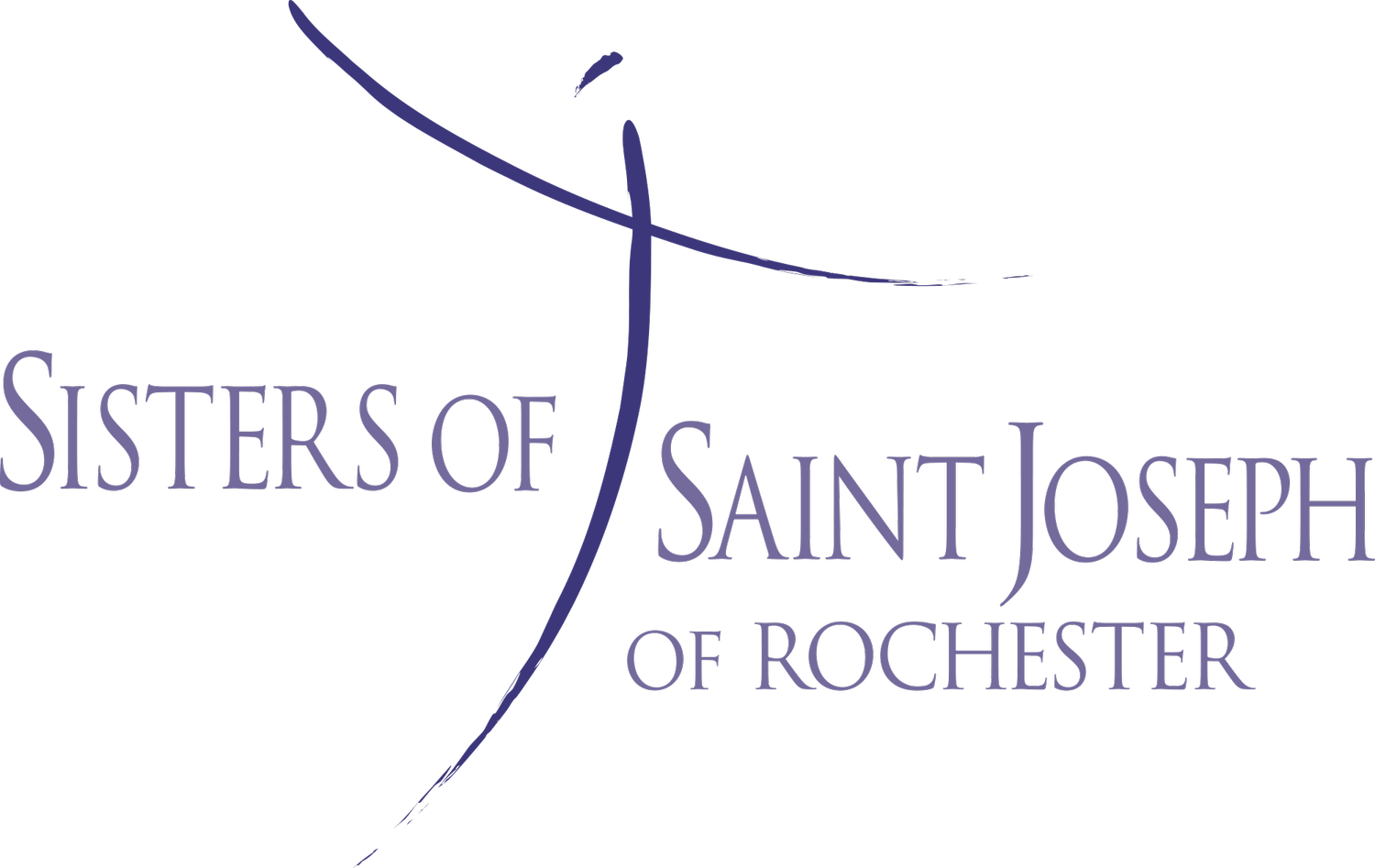
See: Becoming Aware
Peace & Nonviolence
What is happening in our community?
Welcoming the Stranger
Headlines aside, Rochester has a long history of welcoming immigrants. According to Catholic Charities of Rochester, our city has helped over 15,000 refugees since 1972.
From the Catholic Charities Website:
“Of the over 80 million displaced people worldwide, only a small percentage (usually less than 1%) will be allowed entry into the U.S. this year. Those refugees fortunate enough to be chosen for resettlement in the U.S. must undergo a rigorous screening process. After numerous interviews, medical exams, background checks and cultural orientation, they may finally be deemed ready to travel to the U.S. and are assigned to a Refugee Sponsoring Agency such as Catholic Charities Family and Community Services.
Our refugee clients are a distinct class of immigrants who are admitted to the U.S. because their circumstances satisfy the criteria for “refugee status”. U.S. immigration law defines refugees as those persons of special humanitarian concern who have fled their country of origin because they have suffered persecution or have a well-founded fear of persecution on account of their race, religion, nationality, political opinion or membership in a particular social group.
Once admitted, refugees are eligible to receive certain public benefits, are authorized to work, may obtain a green card, and can pursue a path to citizenship.”
Read more about Rochester’s response: A Haven for Refugees
Learn more from those in the field:
Saint’s Place; providing clothing, furniture, school supplies, household goods, tutoring and scholarships to newly arriving refugees
Mary’s Place; a non-profit refugee outreach center in Northwest Rochester, NY. Our mission is to reach out in love, hope, and service to refugees of all faiths and nationalities, especially those in the Maplewood/Edgerton neighborhood.
Catholic Charities Refugee & Immigration Services; providing housing, job training, advocacy, language skills and citizenship
Building the Beloved Community
To work against racism requires that first we learn to see.
From the Landmark Society: The History of Segregation and Racist Policy in Greater Rochester
From the Empire Justice Center: COVID-19 Disparities In Rochester, NY: The Legacy Of Redlining In The City Of Frederick Douglass And Susan B. Anthony
Article in the RIT Reporter: Redlining in Rochester
Human Trafficking
The Rochester Regional Coalition Against Human Trafficking (RRCAHT): dedicated to eliminating human trafficking in our communities through education, advocacy, and networking with individuals and organizations.
Watch: Not My Life
Ecological Conversion
What is an ecological conversion? Nothing short of a change of heart.
The Laudato Si’ Movement defines ecological conversion as the “transformation of hearts and minds toward greater love of God, each other, and creation. It is a process of acknowledging our contribution to the social and ecological crisis and acting in ways that nurture communion: healing and renewing our common home.”
In an article in America Magazine, Christin Tomy, O.P., who manages a 1.5-acre farm on her motherhouse’s property, states that ecological conversion is “a summons to fall in love again with the other-than-human world. We can talk about policy, but we are only motivated to care for what we know and love.”
Watch this short video from Eco-Catholic. And if you’d like a short, clear explanation of integral ecology, try this one.
Spend some time outside amid the wonder and beauty of creation.
Apprehend God in all things, for God is in all things.
Every single creature is full of God and is a book about God.
Every creature is a word of God.
If I spent enough time with the tiniest creature—even a caterpillar—
I would never have to prepare a sermon.
So full of God is every creature.
—Meister Eckhart
What we’re learning about right now
Plastics! Can’t live with them, can’t seem to live without them.
How did we get here?
From PBS Frontline: Plastic Wars
From NPR: Creating a throw-away culture: How companies ingrained plastics in modern life
Economic Justice
It may be shocking to learn that in our own city, new data released by the U.S. Census Bureau for the most recent five-year period indicates that the overall poverty rate hovers around 30% while the child poverty rate is around 50%. The city’s rate of extreme poverty (below half the federal poverty line) is approximately 16%. Though we may think of our community as doing well, Rochester remains third in overall poverty among the nation’s 75 largest metropolitan areas.
To gain a fuller picture, read Benchmarking Rochester’s Poverty: A 2015 Update and Deeper Analysis of Poverty in the City of Rochester or New Yorkers in Need: A Look at Poverty Trends in New York State for the Last Decade
There is much work to be done, and our Sisters are actively working, not only to tend to the poor, but to change policies that lead to poverty. Find our more about this important work:

